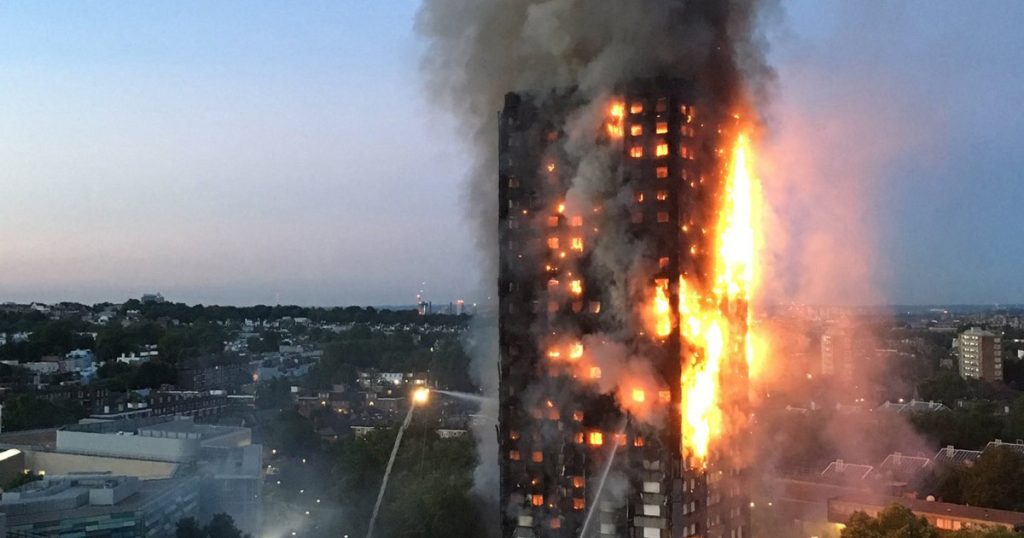A public inquiry into the Grenfell Tower fire in London in 2017 has found that failings by government, the construction industry, and the firms involved in fitting flammable cladding were responsible for the disaster. The fire claimed the lives of 72 people and was Britain’s deadliest blaze in a residential building since World War II. The inquiry report held the companies involved in the tower’s maintenance and refit, as well as local and national authorities, accountable for the tragedy. The government, local council, construction industry, regulatory bodies, specific individuals, and the fire brigade were criticized for years of inaction over fire safety in high-rise buildings.
Survivors and relatives of the victims have demanded justice and criminal charges for those responsible. While 58 people and 19 firms and organizations are under investigation by British police, prosecutions, including for corporate manslaughter and fraud, are expected to take years due to the complexity of the case and the need to consider the inquiry’s findings. Prime Minister Keir Starmer’s spokesperson has stated that the government is determined to ensure those responsible are held accountable.
The inquiry found that the fire was sparked by an electrical fault in a refrigerator in a fourth-floor apartment and spread rapidly due to the flammable cladding that had been added during a 2016 refurbishment. The failure to adhere to fire safety standards and inadequate testing systems were highlighted as contributing factors to the disaster. Architect Studio E, principal contractor Rydon, cladding sub-contractor Harley, and fire safety inspectors Exova were all specifically blamed for their roles in the tragedy.
The report also criticized Kensington and Chelsea council and the Tenant Management Organization (TMO) for indifference to fire safety regulations and a focus on cost-cutting. The TMO’s poor relationship with residents was said to have created a toxic atmosphere, while the council’s response to the incident was deemed slow, muddled, and wholly inadequate. Companies involved in producing and selling the cladding, such as Celotex, Kingspan, and Arconic Architectural Products, were accused of engaging in deliberate and sustained strategies to manipulate test data and mislead the market.
The issue of flammable cladding has raised concerns across Europe, with similar blazes occurring in apartment blocks in Spain and Italy. In Britain, over 3,200 buildings over 36 feet tall still have unsafe cladding, and remediation work has yet to begin on more than two-thirds of them. The Grenfell Tower inquiry’s final report, which ran to almost 1,700 pages, highlighted failures by various parties involved and emphasized the need for accountability and justice for the victims and their families.


